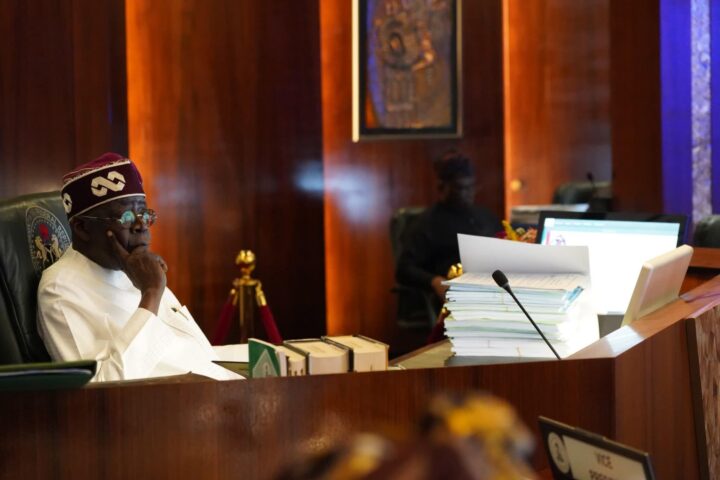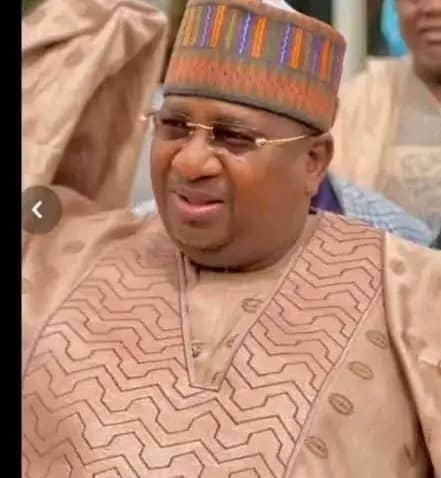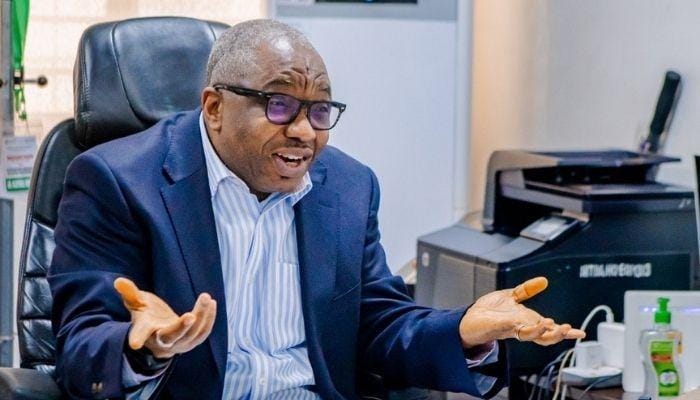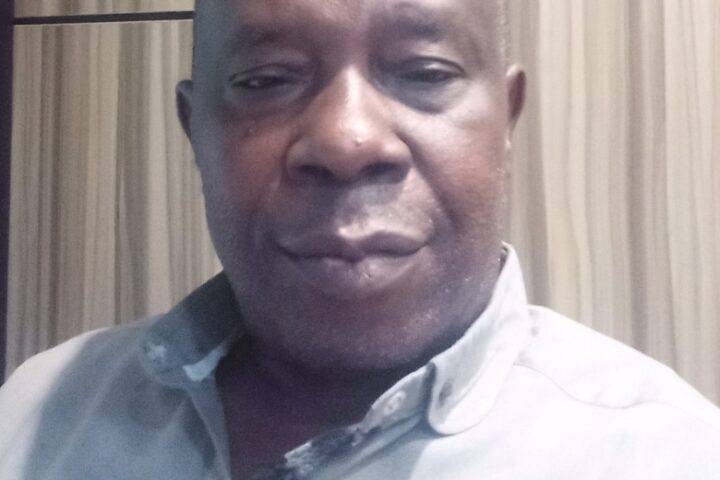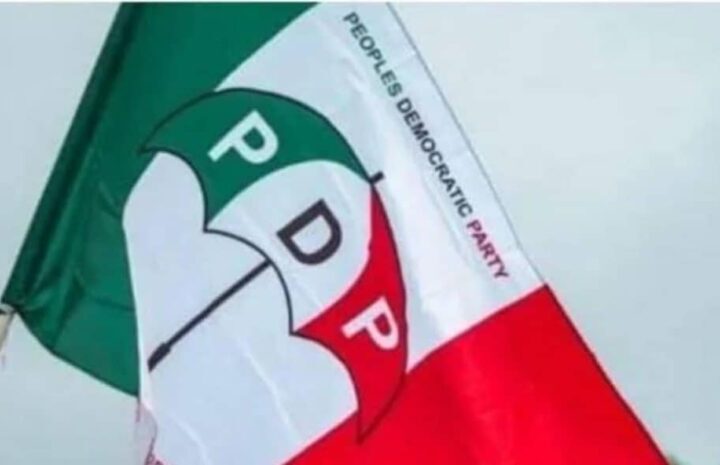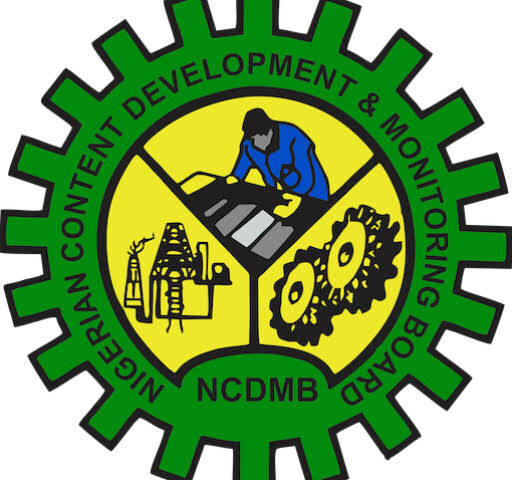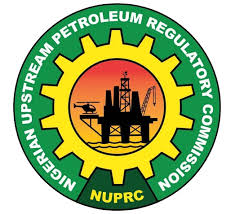Mohammed Shosanya
The House of Representatives has directed its Committees on Petroleum Resources (Downstream and Midstream) to conduct an investigation into the resurgence of fuel queues at service stations nationwide.
This initiative aims to identify and address the underlying challenges facing the oil sector, ensuring sustainable solutions are proposed.
Its decision followed the adoption of a motion of urgent public importance during Tuesday’s plenary, introduced by Mr. Bill Osawaru, the representative of Orhionmwon/Uhunmwode Federal Constituency in Edo State.
The motion titled ‘Urgent Need for Legislative Forensic Investigation into Challenges in Nigeria’s Downstream and Midstream Petroleum Sectors and Related Matters’ was overwhelmingly endorsed during plenary. Lawmakers supported the motion to address ongoing sector challenges and enhance efficiency and productivity.
In his lead debate, Osawaru highlighted a concerning resurgence of fuel queues at petrol stations. He pointed out allegations of skyrocketing petrol prices and shortages in stock for domestic refineries, which have disrupted distribution across Nigeria.
The House mandated the Committees Mandate to “Carry out a legislative forensic investigation into the resurgence of fuel queues in petrol stations, allegations of high cost of PMS, unavailability of fuel stock for downstream domestic refineries, disruption of distribution of PMS products, unfair subsidization of PMS and other petroleum products racketeering and favouritism in the Pro Forma Invoice System (PFI) regime.”
The committees are also mandated to investigate several critical issues, including the indiscriminate issuance of licenses and importation of refined petroleum products, allegations regarding the return of PMS price intervention, complaints about product unavailability to marketers from NNPC Retail, continuous delays in refinery rehabilitation timelines, and concerning activities at petrol depots.
The committee will also conduct a legislative forensic investigation into several issues: the involvement of middlemen in trading, indiscriminate issuance of licenses, the lack of laboratories to check adulterated products, the influx of contaminated products into the country, allegations of non-domestication of profits from crude marketing sales in local banks, abuse of the PFI regime, importation of products already manufactured in Nigeria, and the use of international trading companies to resell fuel stocks to local refineries.
The two committees were also “Tasked with conducting a thorough legislative forensic investigation into several issues: the alleged importation of substandard products and high-sulphur diesel into Nigeria, the sale of petroleum products below fair market value, and their impact on downstream and local refineries. Additionally, they were to examine the sources of funding for such imports, the failures of regulators like NMDPRA and NUPRC in enforcing compliance with standards, the lack of support for local crude refiners, and the issuance of import licenses despite domestic production. They are expected to submit their findings to the House within four weeks for further legislative action.
Justifying the relevance of the motion, Osawru noted that “There is an allegation of unfair subsidisation of the Petroleum Motor Spirit and other petroleum products which negatively affects competitiveness in the sector. There are also allegations of racketeering and favouritism in the Pro Forma Invoice System regime, indiscriminate issuance of licenses and importation of refined petroleum products.
“The House has been informed about the alleged return of the PMS price intervention and its impact on the domestic market. Additionally, there are allegations of product unavailability to marketers from NNPCL Retail. This is compounded by the continuous delays in refinery rehabilitation and the illicit activities at petrol depots, which have disrupted product distribution and caused scarcity. Furthermore, the involvement of middlemen in trading has adversely affected the supply of domestic crude.
According to the lawmaker, there are claims that subsidy has returned on petrol, including lack of clarity about the exact landing cost of PMS, reduction in retail price and its impact on downstream operations, allegation of importation of substandard products and high-sulphur diesel into Nigeria, among others.
Osawaru criticized the Nigerian Midstream and Downstream Petroleum Regulatory Authority, as well as the Nigerian Upstream Petroleum Regulatory Commission, for their regulatory failures. He attributed the current scarcity in part to their ineffectiveness in fulfilling their responsibilities.



